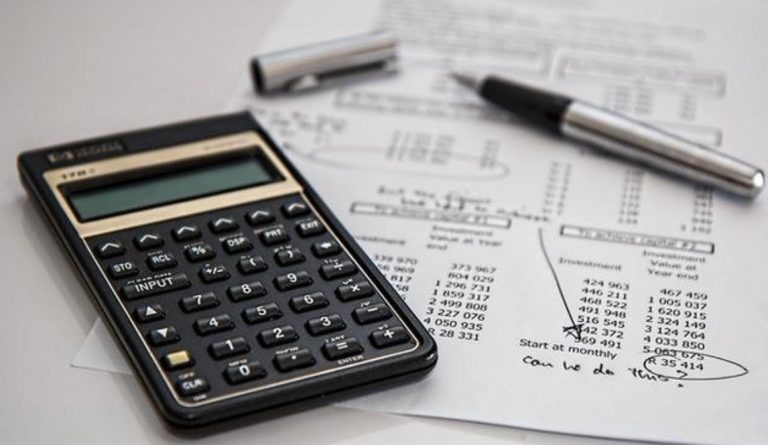Who needs a budget? It’s easy to think that only people who are utterly flat broke should use a budget, but this financial spending plan has a bigger audience than just those struggling to make ends meet. Here are three signs that you should starting using a budget.
1. You Can’t Afford an Unexpected Expense
Although “unexpected’ may be in its name, an unexpected expense isn’t totally unpredictable. Accidents and bad luck happen to everyone eventually. Whether your cat eats a rubber band and needs to go to the vet, or you need to call a plumber about leaking pipes, these unexpected expenses can be expensive.
If you have the extra cash on hand to cover them on your own, you may have to turn to online direct lenders for help. These lenders provide convenient short term loans online that work in a time crunch. That means they offer a simple online application that lets you know if you qualify quickly, and if approved, you’ll receive the money via direct deposit.
In the short time it takes to learn about direct lenders, you’ll find out that these online loans are backup for unexpected emergency expenses, but they aren’t designed to become a permanent substitute for an emergency fund.
Your budget can help you focus on building these savings for the next financial disaster. Try to save as much as six months’ worth of living expenses — this amount will help you should your next emergency is a job loss or significant health issue.
2. You’re Overspending
Do you have credit card bills that never go away? Chances are you’re in the habit of spending beyond your means. It’s an easy hole to fall into. You’re at the store, not really thinking about what you need, so you fill your cart with anything that catches your eye. When the cashier tells you the surprisingly high total, you swipe your card and promise to pay it back another day.
But there’s only so much cash to go around. After you pay for the essentials, you may not have what you need to pay down your bills in a meaningful way. You’ll carry over a balance that’s subject to interest and finance charges, and you’ll have less credit available in the next month.
If your bills are rising, it’s time to use a budget.
A budget helps expose your worst spending habits, showing you how you racked up such a big credit card bill in the first place. It also helps you plan how you spend your money in the future, so you can avoid wasting it on unnecessary shopping trips.
3. You Aren’t Saving
Growing bills and rising debt may stop you from saving for the future. A study by The Ascent shows that 66 percent of Americans with debt point to their bills as the reason why they haven’t set aside cash for retirement.
If your spending habits have stopped you from contributing to your future, your budget can help you reorganize your priorities. Focus on shaving down your spending so that you can pay off debt and set aside some cash in savings. Starting with just $20 a month is better than nothing, especially if you use specialized savings accounts like a 401(k) or IRA.
Bottom Line
Don’t ignore the warning signs. If you’re struggling with any of the above issues, look to your budget for answers. This spending plan can help you identify where you’re going wrong and how you can make it right.


0 Comments